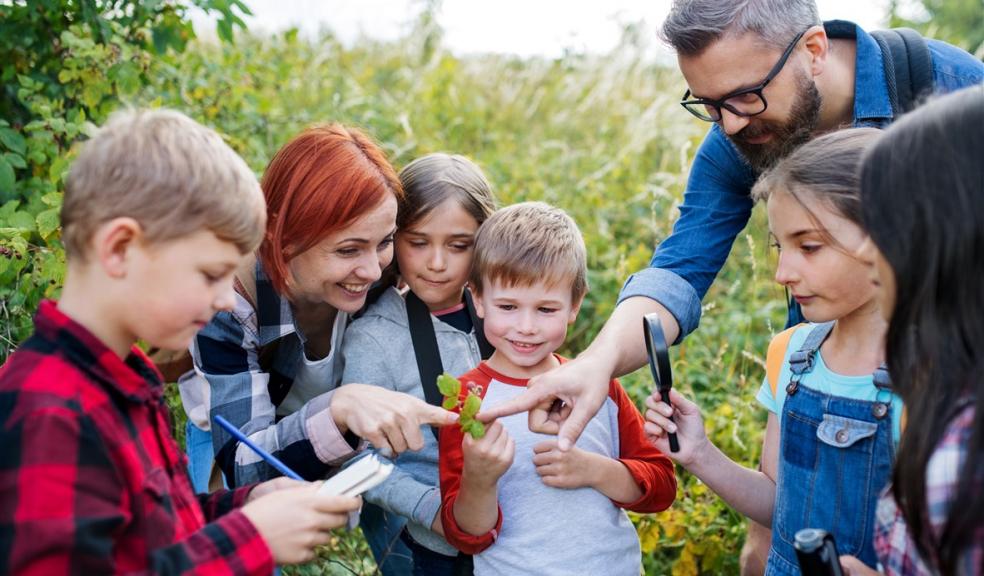
Trailblazing course launched for adults working outdoors with autistic children
Coinciding with National Autism Awareness Week, an alternative education provider in Devon has launched a training course to support people working outdoors with children and young adults with autism and neurodiversity.
The first of its kind in the UK, the ITC Level 3 ‘Autism Outdoors’ course from The Outdoors Group is designed to encourage best practice for teachers, teaching assistants and outdoor educationalists.
It’s been developed by Seamo Teare, a qualified forest school leader specialising in autism, neurodiversity, sensory differences and pathological demand avoidance.
He believes there’s a gap between teachers, HLTA and TA working with learners with autism indoors in mainstream education and those working with them outdoors - such as forest school workers and play workers.
“Those already outdoors have the enthusiasm and practical skills but often no formal training, whilst those indoors have had training but aren’t always confident about taking it outdoors. Some balance is needed, and with this course we’re seeking to close the gap so both have equal skills and understanding.”
It’s estimated that around one in 100 children in the UK has autism – yet while there are plenty of good quality courses on the condition, none of them focuses solely on the outdoor environment.
In a school setting, children with autism and neurodiversity often experience sensory overload. School buildings are full of extreme sensory demands - lighting, noise in corridors, smells from the kitchen. Being outdoors removes these demands and promotes the physical elements of play which in turn helps to improve the sense of balance and body space. It also encourages the ability to play with and alongside others.
“Children who experience difficulty regulating emotions and behaviour are far more likely to develop these skills outdoors. By putting up a hammock, a child knows there’s a place to go to give themselves time to be calm, if they build a den, they’re creating their own safe space. For children who struggle with verbal skills, an activity such as gardening will help them learn without the need for huge amounts of communication,” Seamo explains.
He says that the outdoors concept has been trickling through into mainstream education. “Especially after the lockdowns, many schools have been rethinking their whole school plan to include greater use of outdoor spaces, investing in outdoor classrooms and mini forest schools. While this is ideal for most learners, without appropriately trained teachers and teaching assistants, for those with autism this can be as challenging as a classroom.”
Autism Outdoors takes place over four days, ideally in woodland but potentially within a school’s grounds or wildlife corner. Topics range from sensory and play rich environments, therapeutic spaces for extreme demand avoidance and auditing the outdoor area, to guidance on ways of taking learners with autism outdoors in a safe, engaging and beneficial manner.
A pilot course held in the autumn of 2020 attracted a positive response from trainees, with one commenting “Learning the different profiles of autism really helped understand how behaviour presents in an outdoor setting, I feel I have the start of comprehension about autism and how we can as outdoor educators, help young learners gain skills that will set them up for life. Knowing what goes on internally gives a real insight into it all.”
Completion of the practical course and required coursework results in a Level 3 Autism Outdoors Qualification. The first courses will be held at Exmouth Forest School: outdoorsgroup.co.uk/autism-outdoors
National Autism Awareness Week runs from 29 March to 4 April: autism.org.uk













